Forum
Malcolm Clarke Masterclass: Find Protagonists When Telling Chinese Stories
The BJIFF Workshop & Masterclass invited British director Malcolm Clarke and producer Han Yi to conduct dialogue on the theme of “Documenting Art and the Character Portrait in Documentary” on August 18, during which they shared their understanding of documentaries, and Malcolm Clarke offered young Chinese filmmakers useful advice based on his dozens of years of experience in documentary production.
From 2015 on, director Malcolm Clarke sets his focus on China, and documents the life and emotions of ordinary Chinese people through his highly accurate audiovisual language. His works range from daily life to social changes. He is a jury member of the 12th BJIFF “Tiantan Award”, and once worked as Jury President of the documentary section of the Shanghai International Film Festival. He and his team actively blend in people’s life. In Malcolm’s eyes, there is no absolute boundary between documentary and feature film, and genres and subject matters are artificial classifications. More in-depth and worldly contents worth discussing are to be dug in reality by filmmakers.

The definition of documentary film has long been the focus of debate, and there is no unanimous conclusion regarding whether documentary or feature film is more important. The Masterclass started with the topic of “non-fiction vs. fiction”. As Han Yi argued, “I prefer to refer to documentary as ‘non-fictional film’. I think they both are films, just with different modifiers.” In her opinion, instead of complete separation between documentary and film, the “non-fictional” modifier of documentary better reveals its essence.
Malcolm made his point from the perspective of a documentary creator. In his view, the relationship with the cast is the key to differentiating fictional and non-fictional films. He made an analogy of drama to fictional film, “We (film directors) communicate with actors, and pay them to play roles. They come to the set every day, rehearsing, playing roles, and collecting compensation. That’s it.”
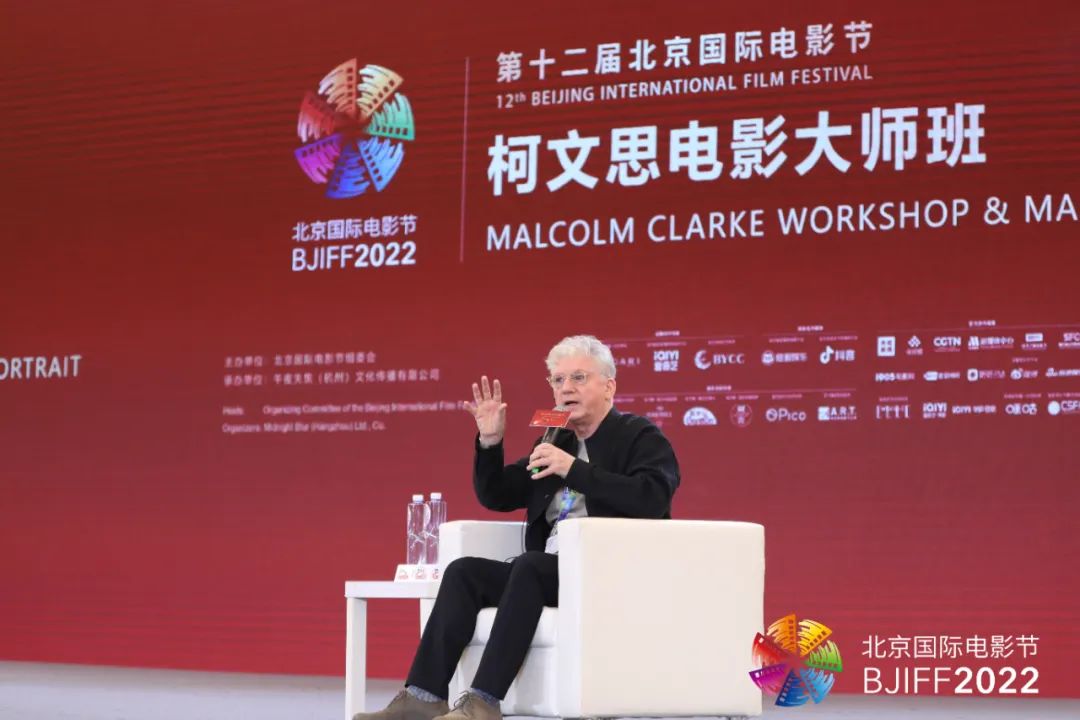
Malcolm Clarke
In non-fictional films, the cast shoulder much more complex responsibilities. They don’t make a living by performing. They are real and live people. “They have opinions and ideals. They don’t desire to earn compensation by performing. Rather, they wish to be convincing via documentaries.” To make sure the cast can act at ease, communication becomes one of the major duties for documentary directors, “Directors should make the cast feel secure and at ease to share and express their opinions. They wouldn’t want to be taken advantage of. It’s imperative to build a sense of security and trust with the cast before the shooting starts.”
As a British director, Malcolm faces more difficulties in shooting documentaries in China, but he also benefits from the different perspective, “I’m a foreigner. My perception of things is different from everyone else. I can interpret and analyze many details of people’s lifestyles from a Western perspective. And I notice what’s taken for granted.” But my language barrier stands out because the key tool of “building trust through communication” doesn’t work. The producer has to work on this for me. Malcolm praised Han Yi's assistance as a producer, “She and her team are able to conceive scenarios for me to direct documentaries as they can find necessary characters, investigate them, and prepare them for cameras and the foreign crew behind.”
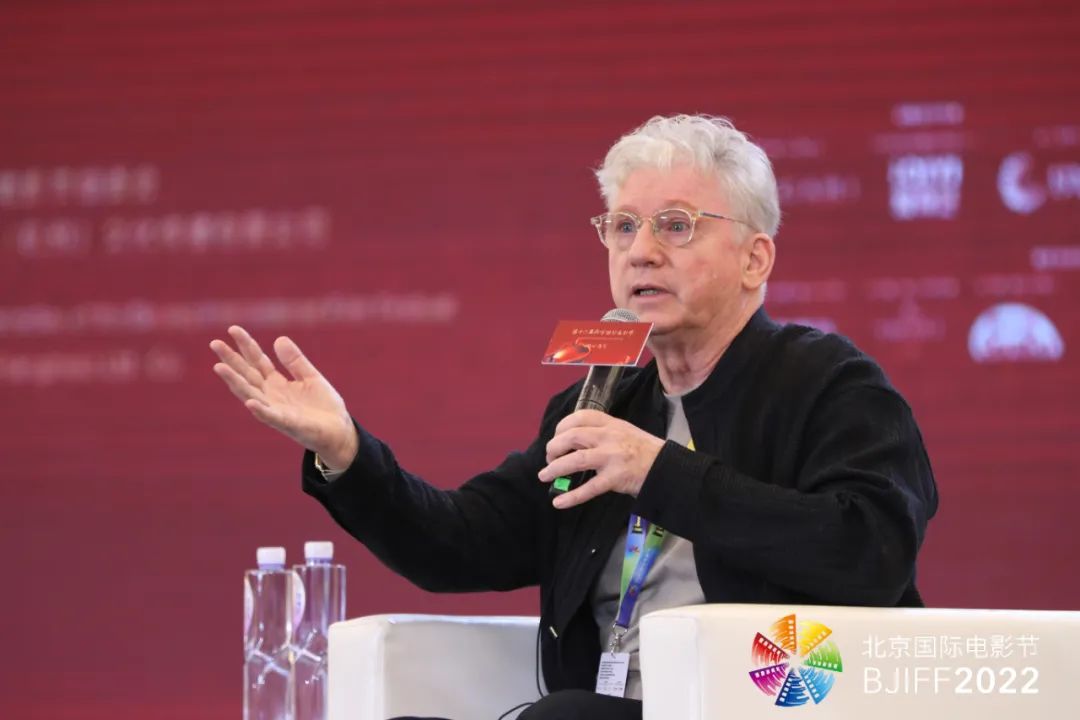
Malcolm Clarke
Casting is the first step and key to the quality of a documentary. As Malcolm explained, “It’s everything”. If you are able to cast appropriate characters to have open conversations and discuss their life, the making procession would be much smoother. He also said, “Every film, be feature film or documentary, you gotta find the protagonist. That’s half success. If you find the right character, communication will be more efficient. It depends on the whole team when it comes to casting.”
Han Yi talked about how she helped directors complete casting, “Casting of a film includes audition to see a candidate’s abilities and if he/she is up to the standard. The same goes with documentaries. Instead of audition, it’s a constant search for people who best convey the message of the documentary.” She described two situations that she encountered in the casting processes. First, chance encounter. For example, she met by chance the protagonist in the first episode of A Long Cherished Dream that she collaborated with director Malcolm Clarke. During the process of getting along, she felt that the level of trust and openness would work. The cast was completed immediately. The other situation requires persistence and constant search, “About three or four years ago, I worked on a film. The director described the female character in need, including what she looks like, what she’s been through and what she would probably do, etc. The director conceived such a character, and we relayed the requirements to investigators. They went on searching and knocked on door by door. It caused huge pressure on the investigators as there were many specific conditions, and the schedule was quite tight. We thought we’d fail, but we managed to find a girl similar to the director’s description. The story turned out to be great.”
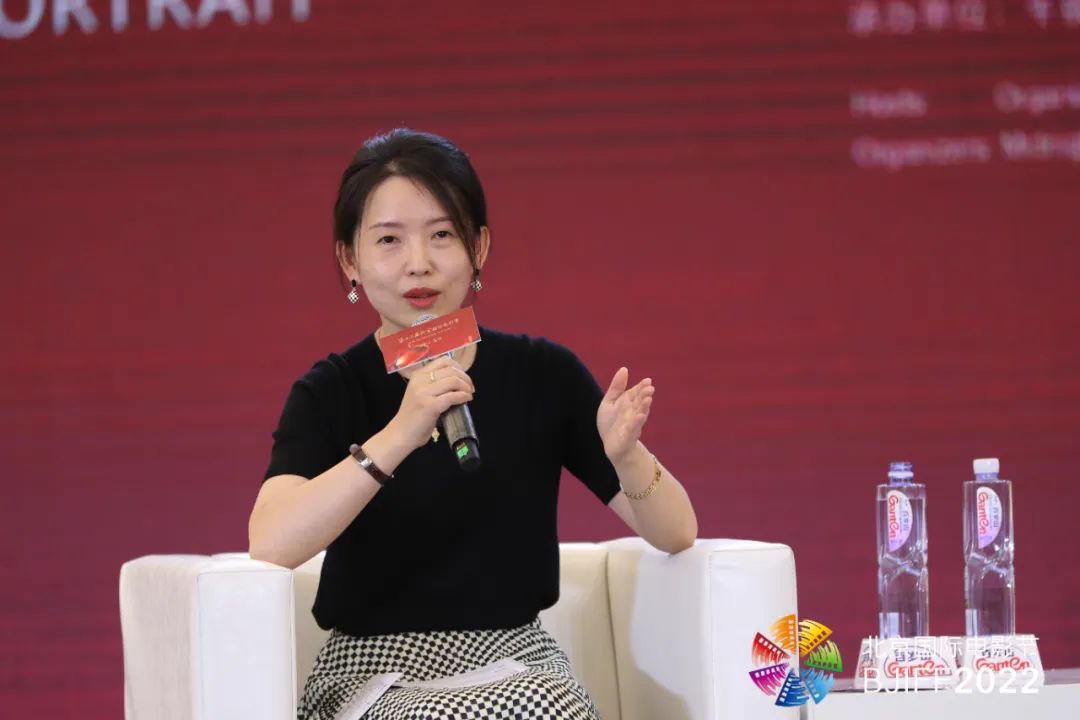
Han Yi
In terms of casting, Malcolm shared his difficulties in shooting documentaries in China, “Many Chinese are evasive when talking about themselves. Generally, I wouldn’t use the word shy. The more suitable word would be self-conscious.” Han Yi added, “Chinese are very reserved. We wouldn’t make big laughs or cries. We are restrained and introverted. It’s quite easy to express emotions in feature films as actors are skilled to deliver performances. However, it depends on luck regarding life, aging, sickness, death, joy, anger and sadness in real life. You can’t just laugh even if you want to. It has to be from the bottom of heart. That’s where the difficulties of non-fictional films lie in.”
Malcolm Clarke has been committed to telling Chinese stories to the world. With shooting experience in over 80 countries and regions worldwide, Malcolm knows very well what kind of documentaries can gain international favor, and individual emotions are the bridge to go global. “There are always discussions about how Chinese stories can go global. In fact, many times we have to look for universal human emotions of life, aging, sickness, death, joy, anger and sadness. There are more than 1.4 billion individuals, and I prefer to focus on individuals in the casting process. It’s natural to relate individuals to life, aging, sickness, death, joy, anger and sadness. And it’s all about emotions. When watching works that have moved you before, you’ll cry, laugh or reflect on yourself. It’s about emotions rather than data or dull reasoning.”
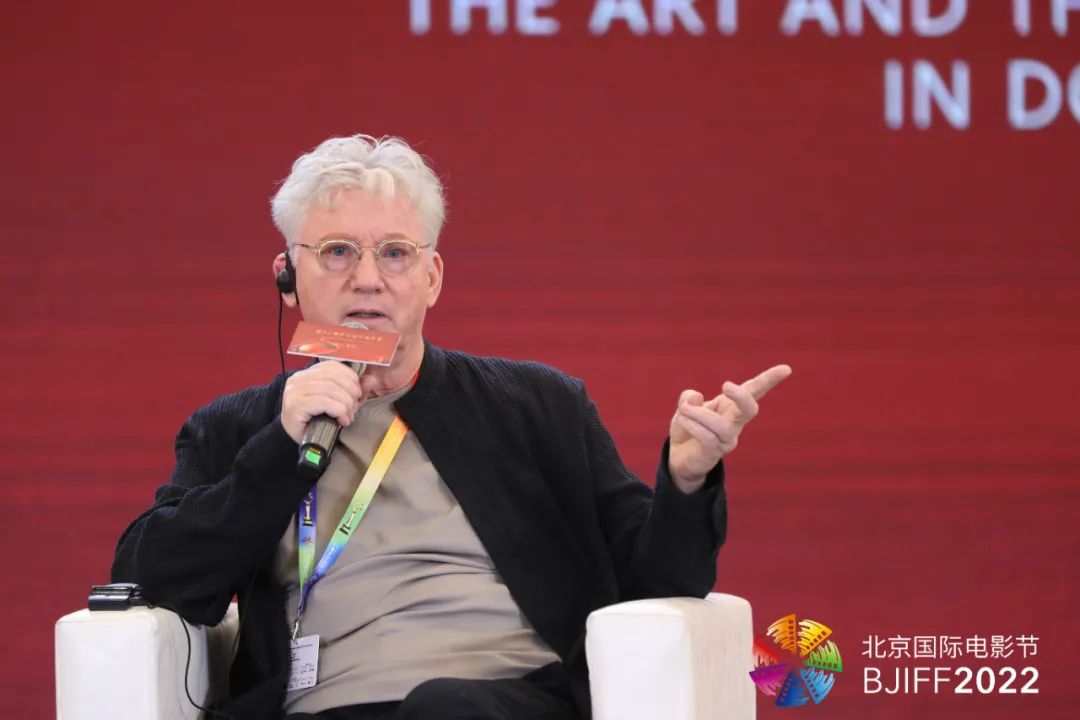
Malcolm Clarke
Moreover, it’s important to find a good story, “Preliminary investigation must be solid so as to find a good story. Usually, people would presume it only takes me one or two months. But that’s not the case. It’s necessary to conduct the investigation. It’s imperative to go to his/her home, knock on the door and see him/her, and see how she/he behaves on camera.”
Storytelling is also a documentary director’s valuable skill. Malcolm shared his secret of success, “I have a principle that one must try very hard to represent the story with shots and images rather than narration or texts when telling a story. The narrative depends on images. A single shot or picture that Shakespeare depicts beats thousands of words. A single shot can convey many emotions and messages. If you can’t tell the story via images, then use texts. Films are made up of bricks connected by concrete. Texts are like concrete cement. The visual elements come first. How to edit them together requires interaction, cooperation and clear priorities. Bear in mind that it’s a visual art even though language is powerful. Written text should only be sued when necessary. Images should be used for elaboration and depiction for most of the time.”
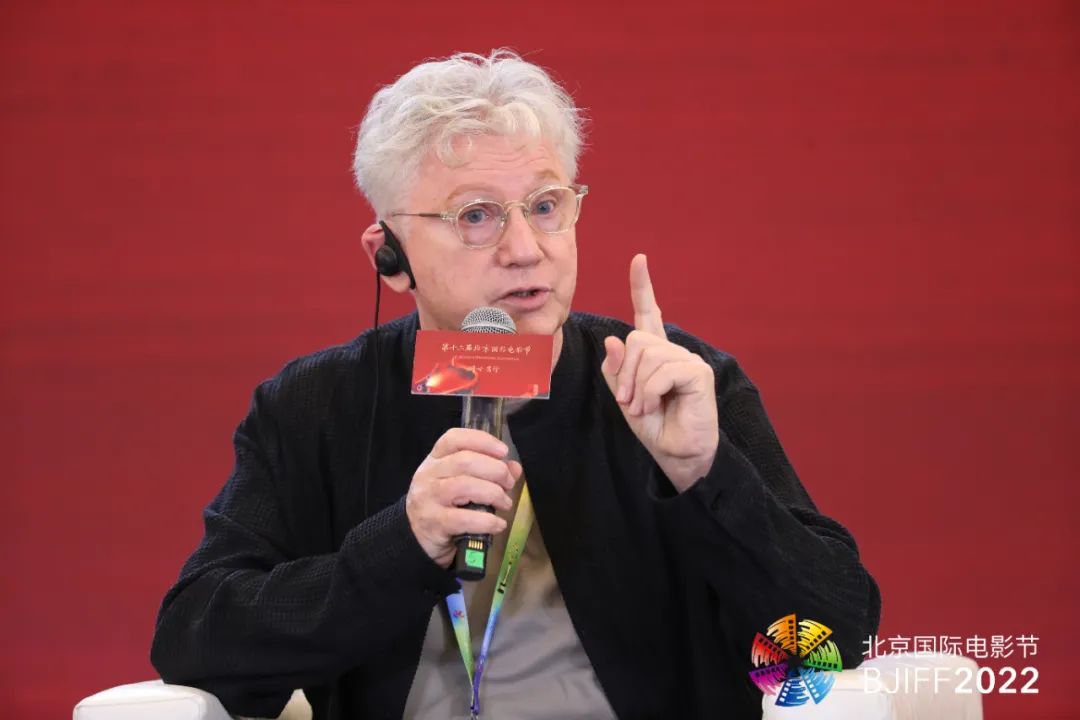
Malcolm Clarke
The score is also a key tool. The emotional impact brought about by music may affect the objectivity of documentaries. Han Yi has her opinion, “We should think outside the box of so-called reality and objectivity. Aren’t scenes to be shot and shots to be edited selected out of subjectivity? The final objectivity comes from cameraperson’s choice based on his/her emotions. All available elements in film language should be used as many as possible. Music plays a different impact on individuals. But it doesn’t entail a complete loss of objectivity. It’s a pity to abandon such a powerful weapon. It’s a much-discussed topic with Malcolm. Many Chinese films would be much better if score is adopted in certain frames.”
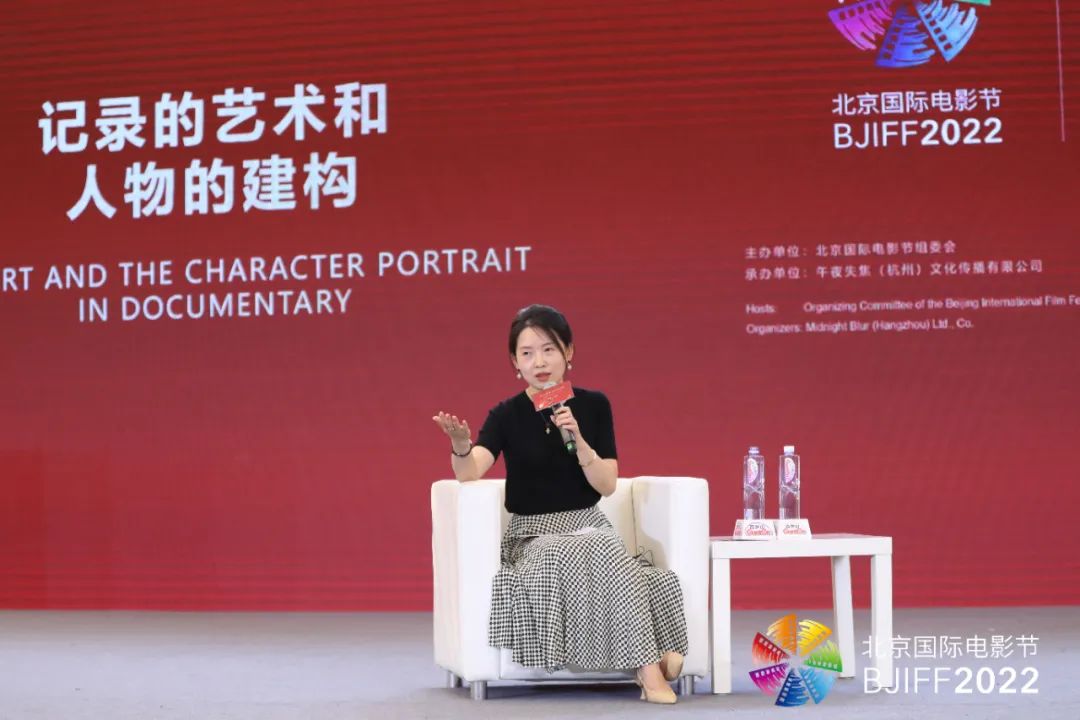
Han Yi
At the end of the Masterclass, Malcolm Clarke gave the greatest encouragement to Chinese documentary creators, "The work you do can influence many people and change the way people look at a country. So your energy is powerful. I hope you can make stronger and more humane documentaries. China needs you to tell stories, break down the barriers between us, and connect with the world as one."
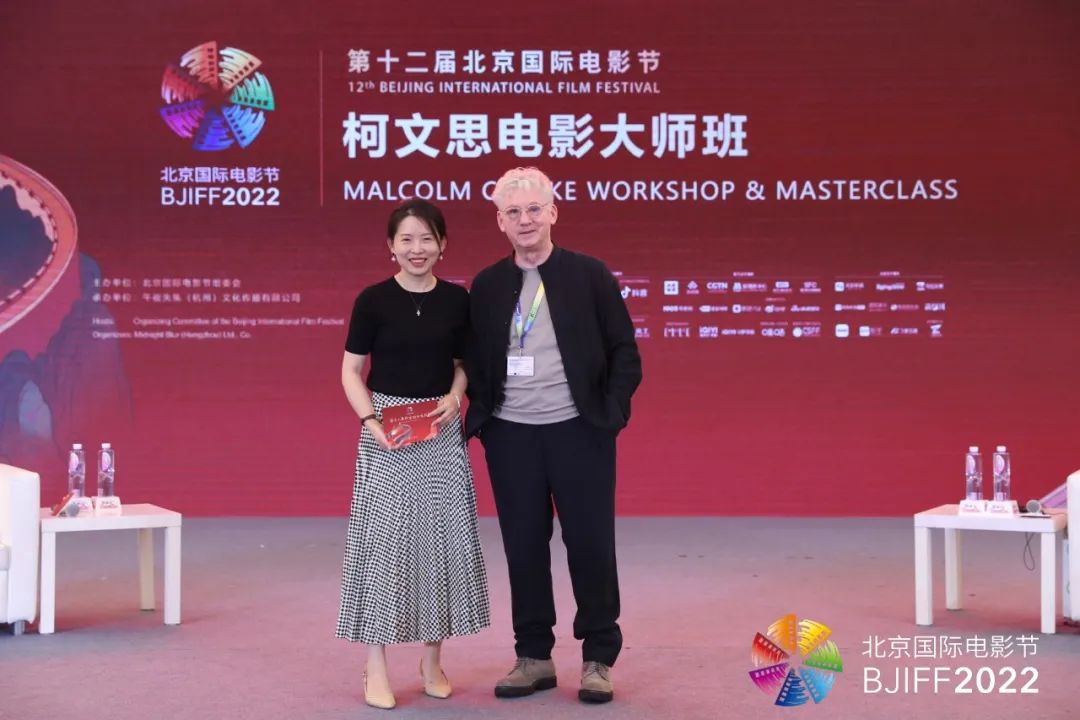
Han Yi and Malcolm Clarke (From Left to Right)
